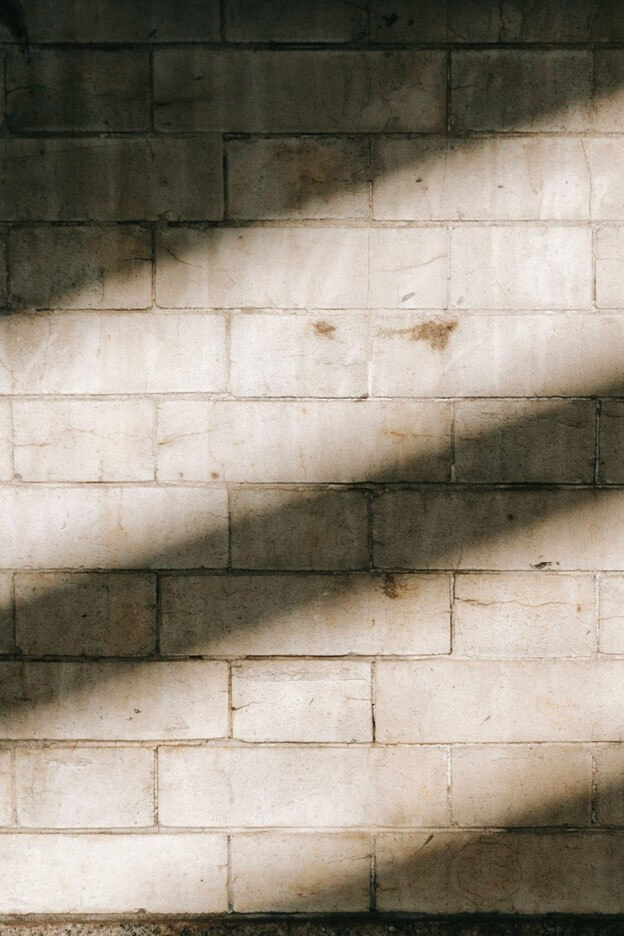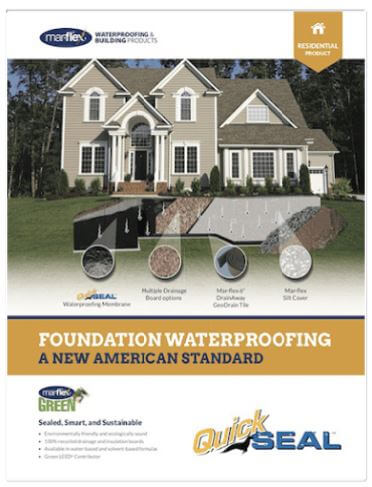For years, the most common type of building foundation was cinder blocks, especially for houses and smaller structures. This is because cinder blocks have some advantages for these applications. However, poured walls have become more prevalent for a variety of reasons.
Below are the advantages of each, and why more and more contractors are choosing poured foundation walls.
Advantages and disadvantages of Cinder Block
Cinder blocks helped revolutionize the quick and sturdy construction of houses. Relatively small and lightweight (compared to other foundational elements of a home) they could be easily stored and transported. They lasted a long time and could be ready to use when needed.
They are also easy to work with. This means that even inexperienced homebuilders can use them effectively to build sturdy homes when weather permits without any special planning or preparation.
However, cinder blocks are lightweight and the fact that they come end blocks instead of a solid whole mean that they are sturdy, but not as sturdy as poured concrete walls. Additionally each joint represents a place where water could get in or weaknesses could develop.
Advantages and disadvantages of Poured Walls
Poured walls, on the other hand, also offer a range of benefits.
First poured walls are stronger than cinder block walls. This is because they have fewer joints or places where leaks and crevices can develop. Also they are stronger because they are solid.
Additionally poured walls can be formed into almost any shape or design. Concrete is very flexible when wet, and designers are only limited by their imagination and not by the shape of a brick.
Poured concrete has some disadvantages though. Wet concrete is heavy, challenging to mix effectively, and difficult to transport. This can add expense and scheduling complications to a building project.
Why contractors prefer poured foundation walls
Ultimately the benefits of poured foundation walls outweigh the drawbacks and outnumber the benefits of cinder block walls. Because they are sturdy and less likely to develop leaks and cracks, poured walls are simply more reliable and worth the extra cost and scheduling challenges.

Photo by Laura Tancredi: https://www.pexels.com/photo/brick-wall-with-sunlight-in-daytime-7078615/
